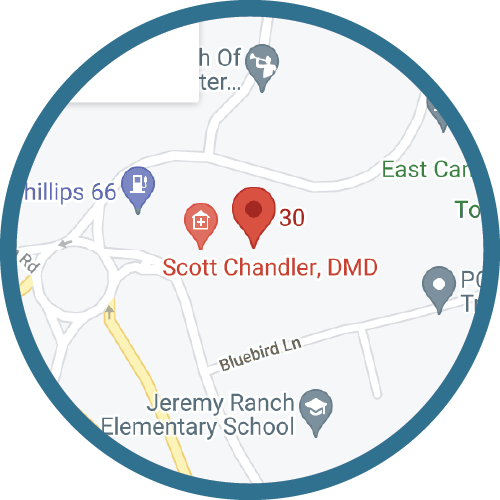What is PRK?
PRK (photorefractive keratectomy) is a type of refractive procedure performed to correct nearsightedness, farsightedness and astigmatism – just like LASIK vision correction does. At the heart of the procedure, your doctor uses laser energy to reshape your cornea to allow light to properly focus on your retina which is the back of your eye. A cornea that is not ideally shaped will cause blurry vision at varying distances.
Vision Problems Corrected by PRK
- If your cornea is too steep or you have a longer eye, you will have myopia (nearsightedness) because light focuses in front of the retina making distant images blurry
- If you have a flatter cornea or a shorter eye, you will have hyperopia (farsightedness) because light focuses behind the retina making near images blurry
- If you have a cornea that is oval shaped, rather than round, you will have astigmatism because light focuses unevenly on the retina making images at all distances blurry
PRK can correct the corneal shape to allow for clear vision.

When is PRK Better than LASIK?
PRK is often recommended for patients who have thin corneas. Rather than creating a flap on the corneal surface (as in LASIK), your doctor removes the outermost layer of corneal tissue so the reshaping process can be administered. This is an outpatient procedure that takes a bit longer to recover from than LASIK because the eyes need time to regenerate the epithelial layer on the cornea.
The best way to find out if PRK in Park City, UT, might help you achieve clear vision is by scheduling a free Consultation with us. We will assess your corneal thickness, eye health and other factors to determine if this might be a safe and effective procedure for you. The Consultation is also a time when you can get your questions answered and learn more about our PRK technology, experience and results.

